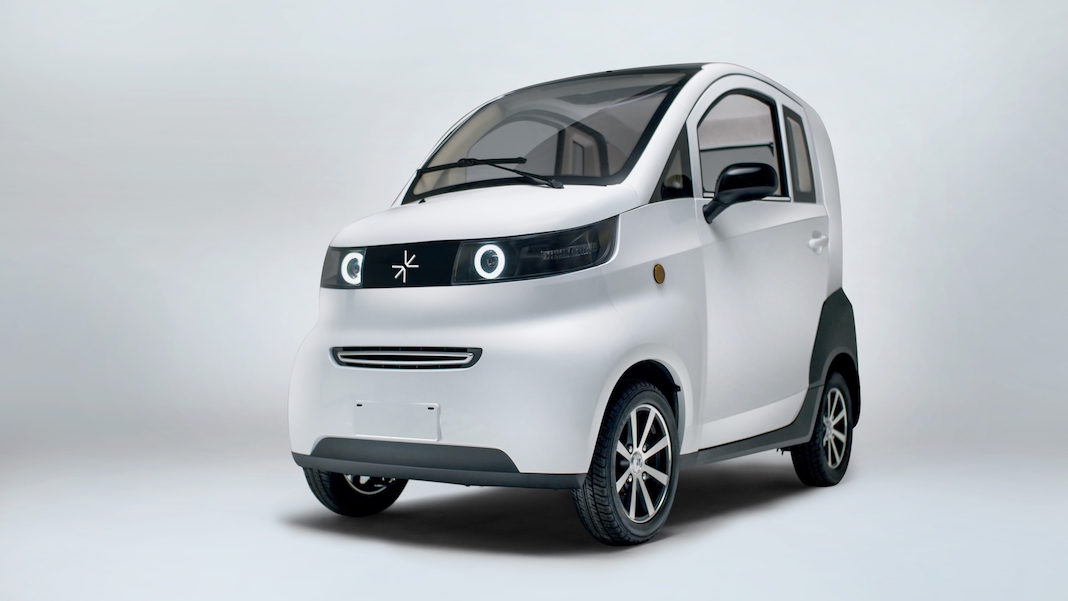BJ255 Insights
Exploring the latest trends and news in various fields.
Silent but Deadly: The Surprising Truth About Electric Cars
Uncover the shocking truth about electric cars in Silent but Deadly. Are they really as green as they seem? Find out now!
The Unseen Impact of Electric Cars on Urban Noise Levels
The rise of electric vehicles (EVs) is transforming urban landscapes not just in terms of emissions but also regarding noise levels. Traditional internal combustion engine vehicles contribute significantly to urban noise pollution, which can lead to adverse health effects such as increased stress and sleep disturbances. In contrast, electric cars operate more quietly, often producing a sound level that is 40% lower than their gasoline counterparts. This remarkable reduction in noise can foster a more serene urban environment, making cities more livable and enjoyable for residents and pedestrians alike.
Moreover, the shift to electric vehicles is not merely about sound reduction; it also encourages urban planners to rethink the design of cityscapes. As noise pollution diminishes, cities can prioritize green spaces, pedestrian pathways, and cycle lanes. These initiatives can enhance community interaction and promote a healthier lifestyle while ensuring that the benefits of electric cars extend beyond just reducing noise. Consequently, the transition to electric mobility signifies a remarkable opportunity for urban environments to evolve holistically, creating spaces that prioritize both tranquility and well-being.

Are Electric Cars Really Better for the Environment? Debunking Myths
The debate surrounding the environmental impact of electric cars often hinges on several **myths** that distort public perception. One common belief is that electric vehicles (EVs) are always more eco-friendly than their gasoline counterparts. However, the environmental benefits of EVs can vary depending on the source of electricity used for charging. For instance, in regions where the grid relies heavily on coal, the overall **carbon footprint** of driving an electric car may not be as low as some assume. It's crucial to analyze the entire lifecycle of the vehicle, from production to disposal, to accurately assess its environmental impact.
Another misconception is that the battery production process for electric cars is inherently detrimental to the environment. While it's true that battery manufacturing has a significant resource cost, advancements in technology are leading to more **sustainable practices** and efficient recycling processes. Furthermore, as the share of renewable energy in electricity production continues to grow, the overall **environmental benefits** of electric cars will increasingly outweigh those associated with traditional vehicles. By understanding these factors, we can make more informed decisions about the role of EVs in our transition to a sustainable future.
How Electric Cars are Changing Our Perception of Sustainability
As the world grapples with the pressing issues of climate change and environmental degradation, electric cars are emerging as a crucial player in reshaping our perception of sustainability. Unlike traditional gasoline-powered vehicles, electric cars contribute significantly to reducing greenhouse gas emissions, which has led to a growing interest in sustainable transportation. This shift is not just about replacing one type of vehicle with another; it is about redefining our relationship with energy sources and promoting a more eco-friendly lifestyle. Many manufacturers are investing heavily in electric vehicle (EV) technology, making them more accessible and appealing to the average consumer.
The impact of electric cars extends beyond their immediate environmental benefits. As more people adopt EVs, communities are beginning to grasp the potential of renewable energy and sustainable practices in everyday life. For instance, electric cars can be charged using solar panels, which reduces reliance on fossil fuels and helps lower energy costs for households. Additionally, government incentives and growing infrastructure for charging stations are further enhancing the appeal of electric vehicles, creating a ripple effect that encourages sustainable transportation choices. In essence, the rise of electric cars is not just changing our modes of transportation; it's transforming how we think about our responsibility to the planet.